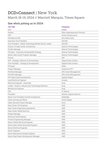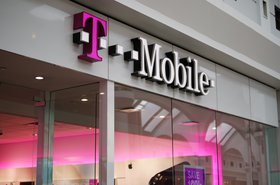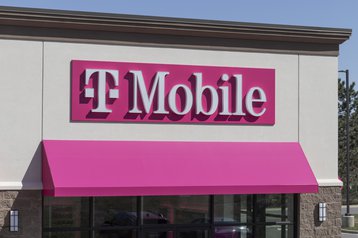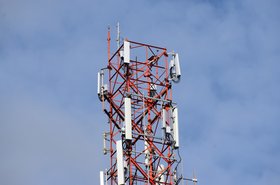A class action suit on behalf of millions of consumers is attempting to undo the $26 billion merger of T-Mobile and Sprint, which was announced in 2018, and completed in 2020.
A Chicago court will be holding the suit, which claims that AT&T and Verizon subscribers have had to pay billions of dollars extra for wireless service, after the merger reduced competition by cutting the number of US mobile operators from four to three.
The proposed suit was filed last year and seeks a range of penalties, up to the undoing the merger between T-Mobile and Sprint.
In a 41-page ruling last week, US District Judge Thomas Durkin said that the plaintiffs "plausibly" argued that higher prices stemmed directly from the deal.
"The merger closed on April 1, 2020. Just over two years later, Plaintiffs brought this putative class action on behalf of themselves and other AT&T and Verizon customers against Deutsche Telekom AG, T-Mobile, and SBG," said the ruling.
"In Plaintiffs’ telling, the concerns that the merger would cause price increases and harm consumers have come to fruition. Specifically, they allege that the reduced competition following the merger has caused class members to pay billions of dollars more for wireless services than they would have without the merger, in violation of Section 7 of the Clayton Act (15 U.S.C. § 18) and Section 1 of the Sherman Act (15 U.S.C. § 1)."
The documents go on to outline the plaintiffs' plans to unwind the merger and "create a viable fourth competitor in the marketplace, and recover damages for the overcharges they allegedly paid."
It alleges that the merger meant that AT&T and Verizon, who are not involved in the case, have been forced to increase their prices.
It's not the first time the merger has faced scrutiny, as several US States filed a lawsuit to stop the deal from going ahead in 2019.
In total 13 states and the District of Columbia sued to enjoin the merger in the Southern District of New York, alleging the proposed merger would substantially lessen competition.
The court favored the defendants after a two-week bench trial, and denied the request to enjoin the merger.
In early 2020, T-Mobile and Sprint settled with the State Attorneys General for Illinois and eleven other states, based on agreeing to additional commitments, including an extension of the consumer pricing commitments from three years to five, low-cost plans, and a nationwide broadband Internet access program.
T-Mobile has described the plaintiffs' damages as "speculative," while noting that if subscribers are unhappy with higher costs, they should "switch to T-Mobile, not sue it."
September 2022 saw T-Mobile announce that it was selling its wireline business, which comprised the legacy Sprint US long-haul fiber network, to Cogent for a symbolic $1. However, T-Mobile was set to take a $1 billion charge on the deal.
More in North America
-

-

-

Discussion Skills & Worforce Hosted Lunch Briefing




